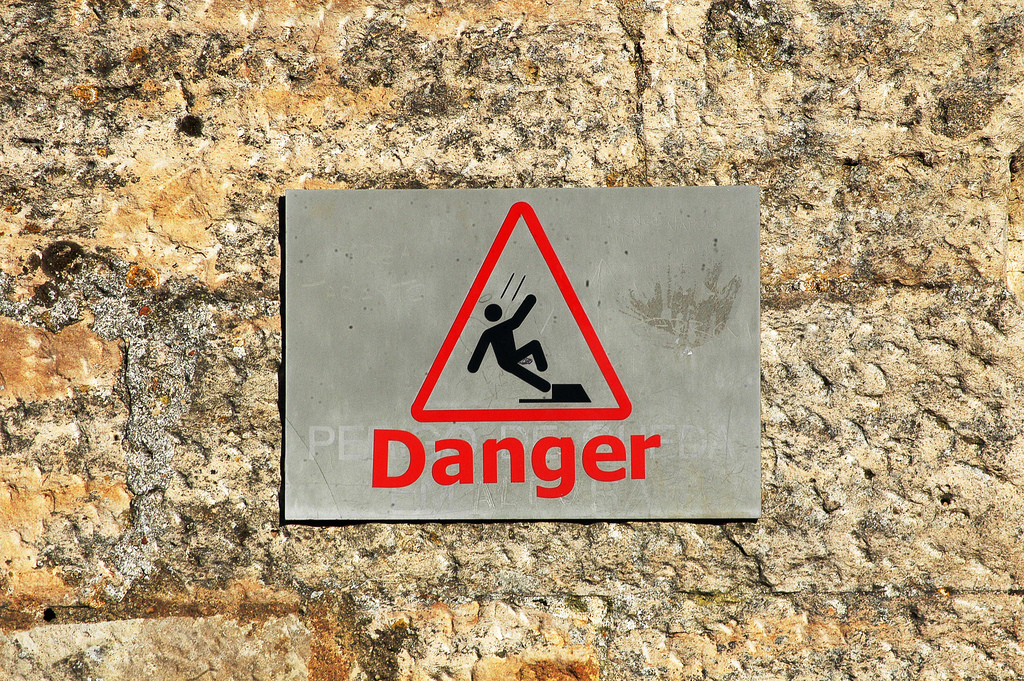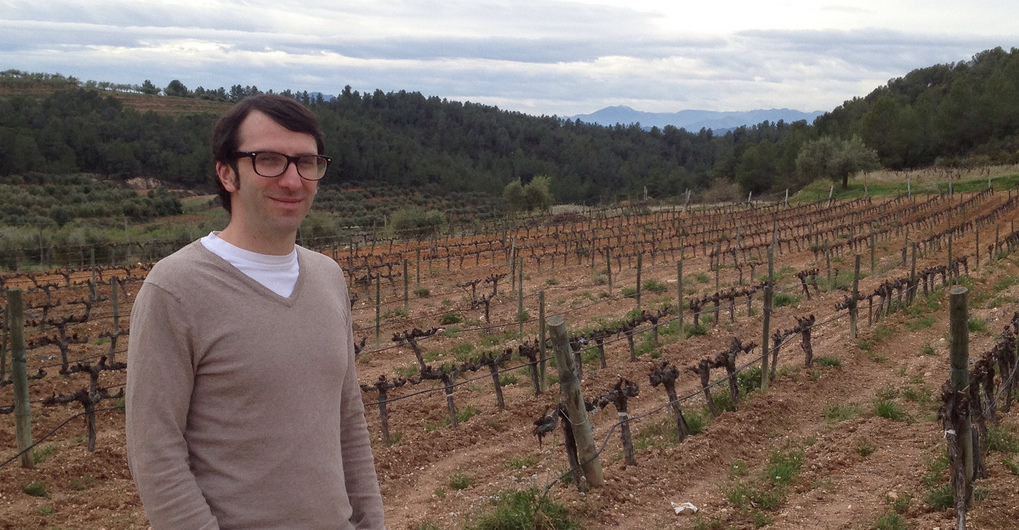
“There is a group of wine directors out there that feel that their mission is to educate the consumer. I think this is a dangerous philosophy. If people want to ask questions, fine; but if you’re going to stand there and proselytize, well, check please.” -- Master Sommelier Fred Dame, in The Tasting Panel
Steve Heimoff begins his latest blog post ("When sommeliers go wild") with this quote from Dame in the August issue of The Tasting Panel. Heimoff comes down on the side of not wanting to be made to feel like a jerk for craving a rich, buttery California Chardonnay with his scallops over a wine made with some obscure grape from an equally obscure region. I can understand that. Like the heart, the palate wants what it wants.
Though I am a bit surprised by Heimoff's lack of adventurous spirits beyond by-the-glass offerings. "I would never gamble on a full bottle of a wine I knew nothing about, based merely on the somm’s advice," he reveals. "Way too risky."
Well I'm more like the Kenny Rogers of wine: I like to gamble. Well, I wouldn't call it gambling. More like learning to playing bridge, with your sommelier as your partner. So there's some table talk and between the two of you it gets figured out what one person wants and what another person has.
Actually, shit, it's not that complicated.
A sommelier is there to gauge your preference and find something that matches it. As simple as that. Maybe there's no Cali Chard there, but another burly white that can fit the bill.
Commenters, however, have a different take on what Dame and Heimoff have to say. Joe Roberts, while agreeing with Dame's sentiment, notes that it's a lot of sound and fury signifying nothing as he's never experienced this phenomenon "in the wild". Echoing Roberts, Bill Haydon wants people making this vague complaint to get specific with their criticism:
"Again, who are these somms and what are their restaurants? Stop tilting at windmills and start naming names and linking the lists; otherwise this comes off as little more than an exercise in sour-grapes. I am willing to grant you that some who conform to your stereotypes do exist, but I think you want to extrapolate a few extreme examples to taint the larger group in the service of a much larger issue. As for Fred Dame, I’m sure that his day job working for Southern Wine and Spirits is not influencing his judgement at all about these somms daring to stray off the reservation."
Charlie Olken grants Haydon's wish, singling out three San Francisco restaurants: Commonwealth, Spruce, and The Slanted Door. He hates on the hate thrown the way of California sparkling wine, which gets painted with too broad a brush. A sweet, flabby, boring brush.
Allow Haydon to retort: "Seriously WTF do you expect? A tired list dominated by California sparkling wine houses, which nobody other than a California polemicist considers to be the equal of Champagne (too warm; no chalk!)." He also brings up an interesting point: maybe wine directors are reacting to a shift in the market coming from customers who want more light and lively wines, like Muscadet, Albariño, and dry Riesling.
Speaking of Riesling, Gabe (no last name given) comments, "Without the support of local somms, it is possible Oregon riesling would be going extinct right now. The quality of these wines is unmistakable, but they are often very slow to sell. Recently, Portland somms have started to feature local riesling on their wine lists, and the effect it has made on small producers has been tangible."
The comments end (as of publishing time) with a couple people calling Hadon names. Hooray for blogs!










